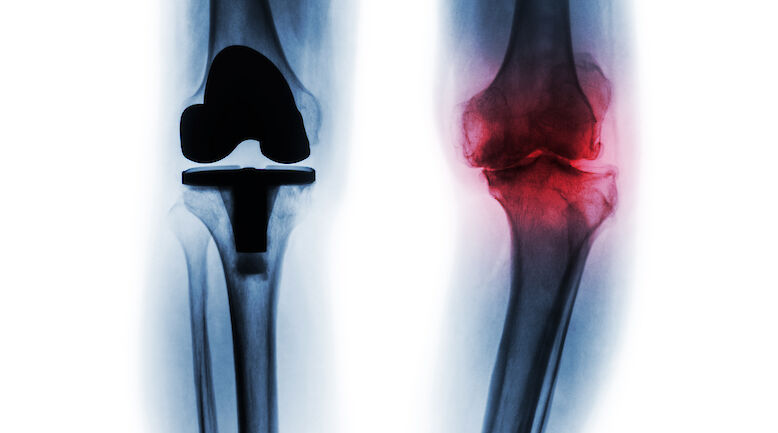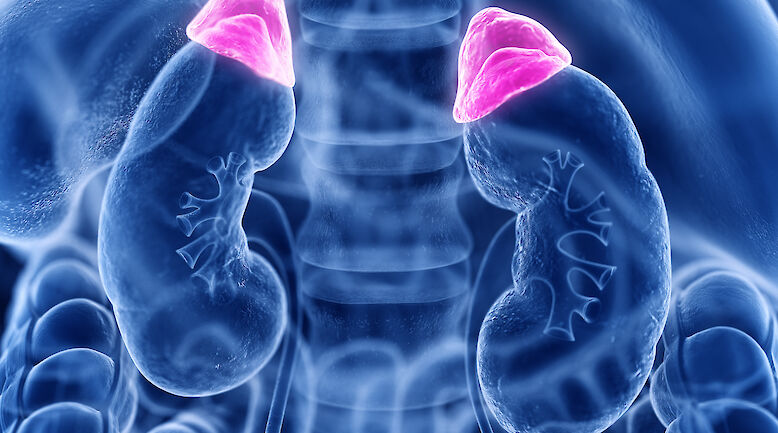English summary: FINE DEFAULT PRISONERS: THE MOST MARGINALISED AND DISADVANTAGED PRISONER GROUP IN FINLAND

Background
From the point of view of prison healthcare, prisoners serving conversion sentences for unpaid fines, i.e. fine default prisoners, form a problematic group. They often appear to come from the most excluded and poorest population groups of society. Health problems, somatic and mental, appear to be common among them. The aim of this study was to find out whether this clinical experience is really the truth about this group of prisoners. As far as we know this is the first health study dealing with fine defaulters as a separate group.
Methods
Our study is part of the Health, Working Capacity and Need for Treatment of Criminal Sanction Clients Survey. The sample comprised 100 male fine defaulters and 309 other male prisoners. The research methods included four questionnaires filled in by the subjects, an interview carried out by experienced prison nurses, a clinical medical examination, a standardised psychiatric interview and laboratory tests. In this study we compare the socio-demographic background, the working capacity and the healthcare needs of fine defaulters with other male prisoners and with the normal population. The statistical package SPSS 16.0 was used for the analyses.
Results
Fine defaulters were older than other male prisoners. Because of low education and deficient work experience their social group was even lower than that of other male prisoners. Furthermore, experiences of physical violence in the childhood home and later in adult life relationships were more common among the fine defaulters. Their working capacity was poor and the need for treatment was high.
Conclusions
Fine defaulters have a poor health status. They usually stay in prison for such a short period that rehabilitation is impossible. It would be particularly important to ensure the possibility of follow-up care after their release. Fine defaulters are marginalised early in childhood. Childhood maltreatment has been identified as one of the key predictors for adolescent risk behaviour. Thus it is extremely important to strengthen the preventive services for children and young adults. Early identification of problems and a need for special support is extremely important in order to develop a well-functioning system for families in trouble.











